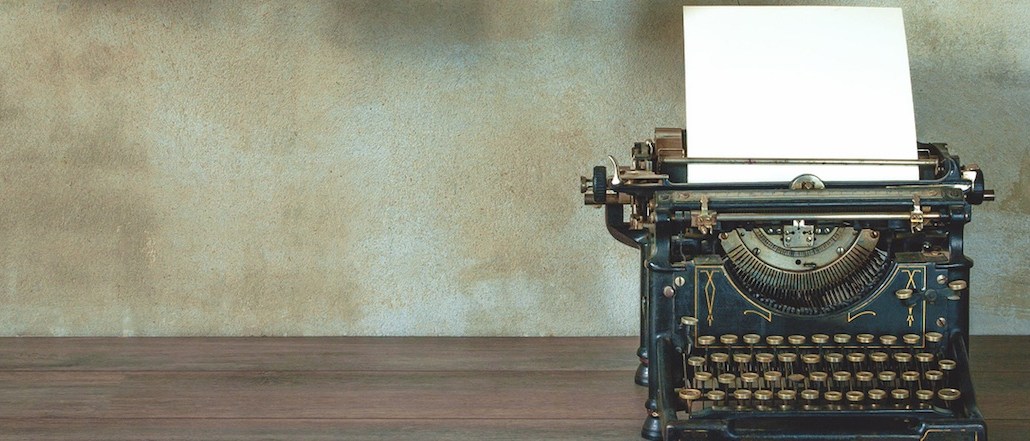Secure your place at the Digiday Publishing Summit in Vail, March 23-25

Mark Duffy has written the Copyranter blog for 11 years and is a freelancing copywriter with 25-plus years of experience. His hockey wrist shot is better than yours.
I first found out I was an “Old” (as opposed to just old) in 2012 when I started working for BuzzFeed as an “ad critic.” At 52, I was by far BuzzFeed’s oldest employee. The under-30 editors there used “The Olds” or “Olds” internally (sometimes even in posts) as shorthand for anybody above the age of their demographic target, people who just didn’t “get” it.
I also found out that the term was used by millennials nationwide, not just at bleeding edge New York City social media websites. Before millennials came along, though, “The Olds” was (and still is) a group of old American whiskeys and bourbons (Old Grand-Dad, etc.).

Being called old isn’t pleasant, but to a 25 year-old, I am a geezer, no argument. But being called an Old is completely different: It then becomes a discriminatory word, an insulting word, a belittling word. This development has surprised me since it originated from a very savvy generation that has made strong strides against racism and especially sexism in the media.

But ageism? They seem to relish it. And this is directly related to the fact that millennials were the first “Digital Natives.” They think that us Olds don’t “get” computers and the internet as smartly as they do, and we never will. And they’re mostly right, aren’t they?
But given this starting point, it makes it really hard not to dislike them right back.
Last summer, Agency Spy, an Adweek-owned website with an inside eye on the daily lives of ad folk, asked their audience if agencies discriminated against people over 50. The response was a very loud YES.
The complaints were pretty consistent: Not only wasn’t experience valued anymore, neither was wisdom — the kind of wisdom one can only get by living, not Google searching.
The informal survey also found it was especially tough for 50+ females. This dynamic was touched on at a 2014 3% Conference session titled “Ageism: Advertising’s (Even) Uglier Secret.”
Today, if you’re over 50, especially if you’re a creative, you better already be in an executive position, or you better start thinking about changing vocations. Your experience is not only meaningless to headhunters, agency talent searchers and executive creative directors. It is a detriment because it isn’t the right experience; it’s “traditional” experience. You’re also probably too expensive.

It also doesn’t matter (much) that you’re more talented at copywriting, art direction, designing and “ideating” than the 25-year-old creatives. Agency execs can pay them doodly-squat, work them like pack mules, revise and drastically alter their work gleefully, and never have to hear any grumbling.
The result of all this is: The industry’s product (you know, the ads) sucks more than it ever has. So what? Yes, so what. Most brands don’t know the difference between mediocre and good work. Agencies just have to keep the brand people happy with a constant flow of ultimately useless social media metrics and, concurrently, pray hard every day that sales don’t fall. You want long-term thinking, creatively speaking? You’re funny! Yeah-no, sorry, not gonna happen.
I’m a pretty lucky 50+er. During my 18 months at BuzzFeed, I got a crash course in digital and social media. I can talk the talk, at least (I’ve fooled Digiday).
Now please excuse me as I take my daily trip around the web in search of great deals on Depends, Metamucil and gout treatments.
More in Marketing

Yahoo pauses IAB membership amid a series of quiet cost-saving measures
Yahoo pulls IAB board memberships, following job cuts as PE-owner reportedly reconsiders ad tech investments.

Target looks to e-commerce, advertising investments to help grow the business
Technology is one of the most important areas in which Target will invest with the hopes of returning to profit growth.

‘The conversation has shifted’: The CFO moved upstream. Now agencies have to as well
One interesting side effect of marketing coming under greater scrutiny in the boardroom: CFOs are working more closely with agencies than ever before.





